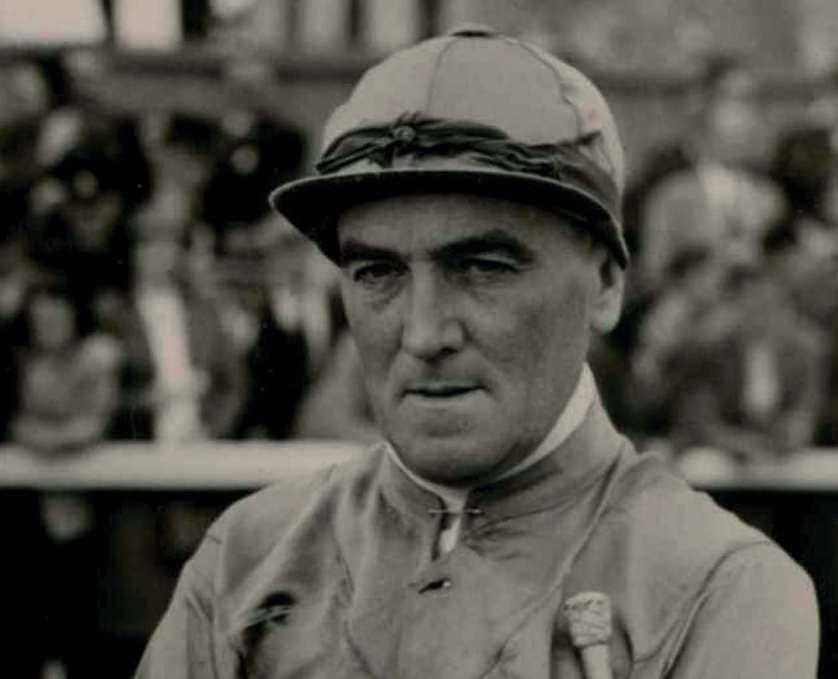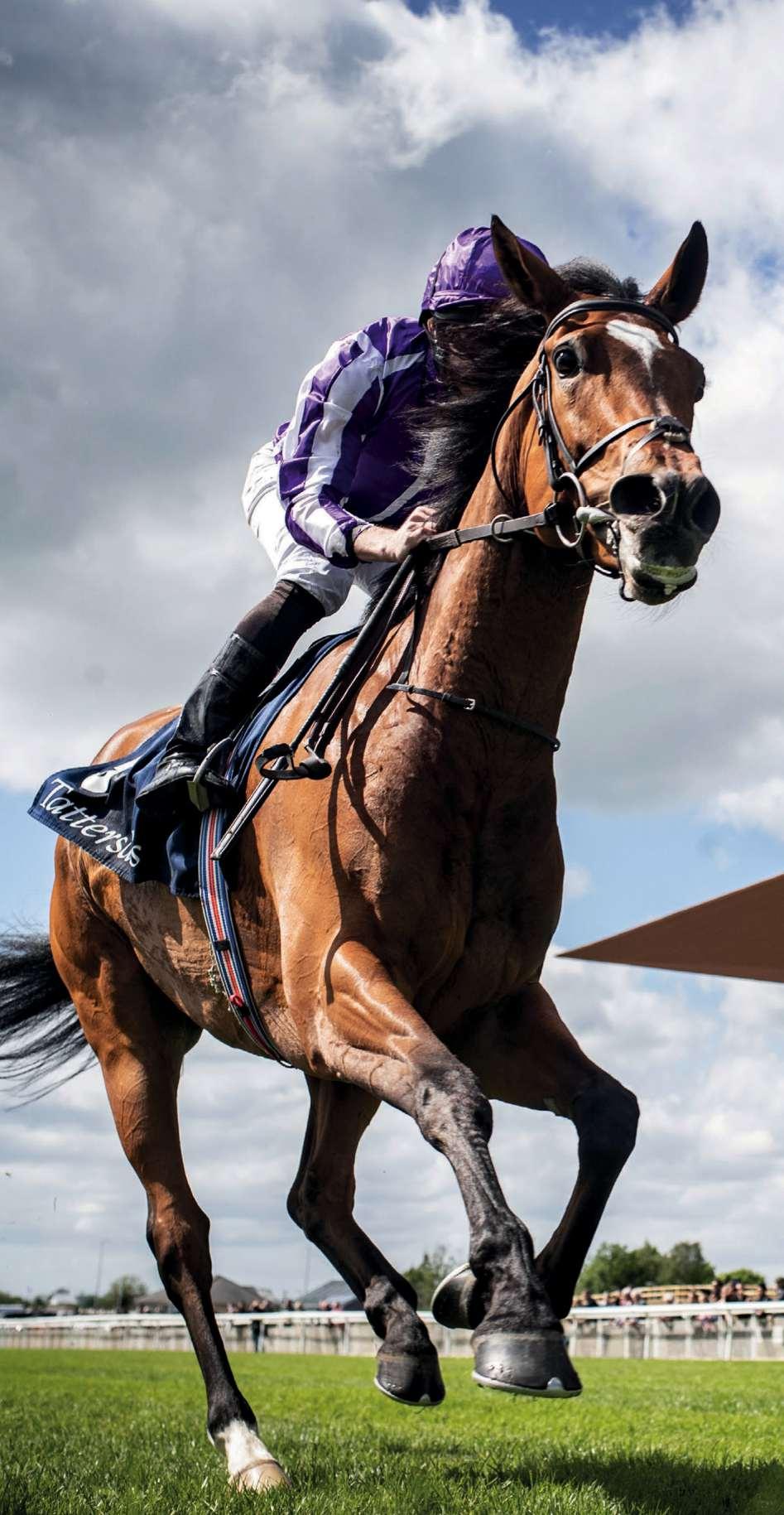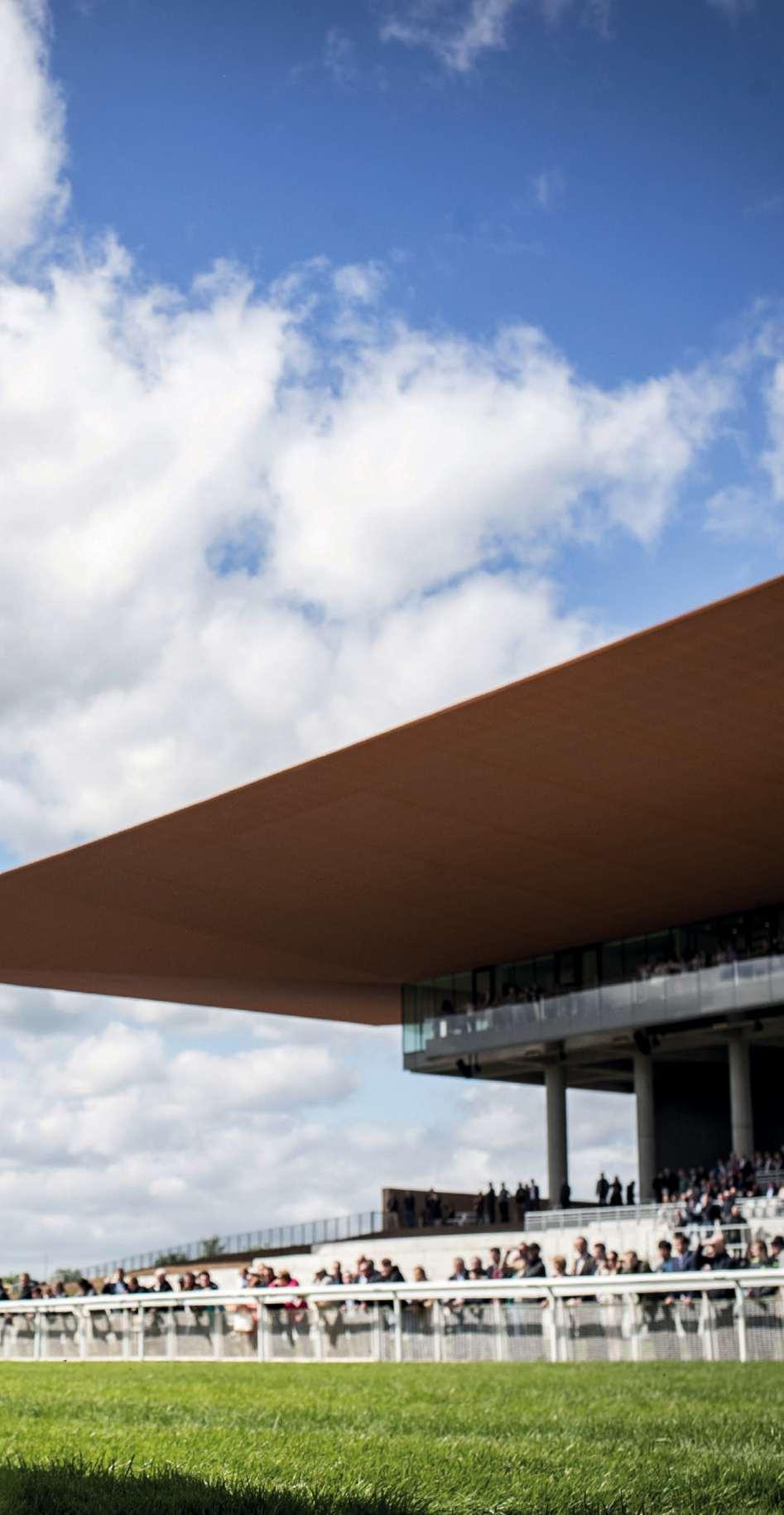
3 minute read
THESTORYOFMORNYWING
bySallyDuckett
The jockey Morny Wing dominated Irish Flat racing from 1917 to 1949, and created records that still stand nearly 100 years later.
He won the Irish 1,000 Guineas a record seven times, including the very first two runnings of the fillies’ Classic in 1922 and 1923 aboard Lady Violette and Glenshesk. He holds the record for Irish Classic successes on 23.
Wing was not Irish by birth, but he was destined to become a jockey.
Born in Doncaster in 1896, Mornington Albert Wing was the son of Walter Wing, a stable lad who became a jockey and a Post Office mail coach driver. Wing Snr named his son after his own racing hero, the then British champion jockey Herbert Mornington Cannon (also known as Morny), who was a champion Flat jockey six times in the 1890s.
As was custom Wing Jnr started his racing apprenticeship early – he went to work in Newmarket as a teenager, and he rode his first winner as a 15-year-old in 1911.
His first big win came in 1913 in the Autumn Cup, a competitive end-of-season handicap run at Liverpool, and he then won the following spring’s Queen’s Prize run at Kempton Park in 1914. It is a race that is still run today.
Wing went on to finish third in that season’s British jockeys’ championship. His domestic riding career had to be put on hold with the outbreak of World War I, but racing continued in India and the adventuring Wing travelled overseas. His best day in India came when he steered home five winners on the same card at Calcutta races in March 1916.
After his spell in India, Wing arrived in Ireland in 1917. It has been suggested that the young jockey headed to Ireland to avoid conscription, which had been introduced in Britain in 1916 but was never applied to Ireland. In fact, a UK trainer sent over two horses to run at The Curragh and Morny travelled over to ride. They both won, and Wing maintained the winning form –his first five rides in Ireland turned out to be winners.
He enjoyed further riding journeys over the Irish Sea and in 1921 he decided to make Ireland his home. He went on to dominate Irish racing for three decades winning the champion jockeys’ title on nine occasions, the Flat racing championship 13 times and establishing a record number of Irish Classic victories.
Most Irish jockeys of the day rode both on the Flat and over jumps, but Wing concentrated on the Flat and he reportedly was regarded as virtually unbeatable over short distances, particularly effective on two-year-olds. His success was recorded to be due primarily to his exceptional strength, his ability to get away quickly at the start, and the speed with which he could pull his whip through.
His reputation for timing and putting a horse in front on the line produced a career that yielded more than 2,000 winners and gave rise to the adage “never leave Wing out in a sprint!”
In Ireland he rode a five-timer on three occasions at The Curragh, but though he could never manage the elusive six, on one occasion he rode eight consecutive winners over two days.
His first Classic win came in the Irish St Leger in 1920, the following year he won the Irish Derby, one of his six wins, and then in 1922 he collected that first-ever Irish 1,000 Guineas. His seventh and last success in the fillies’ race came in 1947 some 25 years after that first victory.
He also won the 2,000 Guineas twice, the Irish Oaks once and the Irish St Leger seven times giving him a total of 23 Classic victories. A punter’s dream, his alliance in the 1940s with the big-time owner Joe McGrath and with trainer Michael Collins was a “bookmaker’s headache”.
Wing’s retailer was reputedly the highest paid to a jockey in Ireland up to that time. He was a dedicated sportsman, and reportedly had an “integrity that marked him out in an era of flamboyant rivals and frequently less-than-honest dealings”.
In 1949 he retired to train at his Kildare home, and in 1951 he won the Irish St Leger with Do Well.
He died in May 1965 and the Morny Wing Memorial Hurdle was run annually at The Curragh for many years in his memory.
Wing rode before, during and after both World Wars, and kicked home 2,000 winners through a 38-year career. To have had such a long stint riding, and to have been so successful in an era interrupted by world conflict, before the widespread use of the car and phones, is a considerable achievement.
In recalling the names of talented riders who have dominated the sport in the last 70 years, for Morny Wing to still be the winning-most Irish 1,000 Guineas jockey is a testament to his abilities, horsemanship and professionalism.
ThesupremeMagicalenjoyedtwoofherfinestdaysat theCurraghwhenwinningbacktobackrenewalsofthe TattersallsGoldCup.Aglobetrottingfilly,sheraneight timesattheCurragh,winningsixtimes.









